You may have heard about Inflammation, but do you really know what it means? Is it a good or a bad thing? Or, if it's a bad thing, how can you reduce it naturally?
According to Maria Borelius, biologist and author of the Health Revolution, your body has an inflammatory system that can respond to trauma and infection. Inflammation is a natural process that helps your body heal and defends itself from harm. It is your body's way of protecting itself from infection, illness, or injury. When your inflammatory system responds to these conditions, your body increases its production of white blood cells, immune cells, and substances called cytokines. Sounds fantastic, right? But wait...
Inflammation can also be harmful when it becomes chronic.
Chronic inflammation may last for weeks, months, or years — and may lead to various risks to your health. One article published by Parsley Health has discussed that chronic inflammation may occur when the immune system is trying to fend off an infection or when the immune system becomes confused. An example of this is when someone who has antibodies to gluten also has attacks on other parts of the body that resemble gluten. Therefore, inflammation in the body can be a bad thing.
So how do we help reduce this from happening in our body? Many health experts suggest easy and natural ways. Take a look at the list below to see which points may help to reduce inflammation for you!
1. Treat Salad As Your Best Friend
Always ensure to keep a package or two of leafy greens on hand to toss in your lunch bag or on your dinner plate. Eating leafy greens such as baby spinach, arugula, kale, or lettuce each day is one of the most beneficial diet habits you can adopt. These leafy greens offer anti-inflammatory properties which may be helpful to your health. Furthermore, they contain antioxidants and bioactive compounds that may reduce inflammation and help in stopping free radicals from creating new inflammation in the body.
2. Too Many Sweet Foods May Be Harmful
Many research has suggested that a diet high in sugar might be a key factor contributing to inflammation. Sugar stimulates the production of free fatty acids in the liver. When the body digests these free fatty acids, the resulting compounds can trigger inflammatory processes. Too much sugar may also cause weight gain, which leads to excess body fat, which may then lead to insulin resistance. The result? You guessed it right: inflammation.
3. Aim for Good Quality Sleep
Sleep has a powerful, dual role to play in this complex interaction with stress and inflammation. It is believed that people who sleep poorly or do not get enough sleep may have higher chances of experiencing inflammation. Without sleep, the brain's nerve cells cannot recharge, and the bodies cannot replenish the energy lost during the day. On the contrary, getting better quality sleep might work directly to keep inflammation in check through the pro-inflammatory activities that typically occur in the presence of poor, dysregulated sleep. One should take note that quality sleep may offer us significant protection against stress, which can be a significant contributor to inflammation.
4. 20-30 Minutes of Walking
The University of California San Diego School of Medicine suggested that 20-30 minutes of exercise may reduce inflammation in the body. In the same study, the researchers revealed that a 20-minute exercise session resulted in a five percent decrease in the number of immune cells that produced a TNF protein, a protein involved in the body's inflammatory response. So, if you're struggling to find a suitable exercise routine for yourself, perhaps going for a walk is the best way for you. It is one of the most easily accessible ways to get exercise into your day.
5. Add Spices to Your Meals
A study conducted by researchers from Penn State about the potential link of spices to reducing inflammation. The specific research has revealed that combining herbs and spices helped reduce the participants’ inflammation following decadent meals. The dish with the most spices correlated with the lowest inflammatory response. This is according to the recently-published study in The Journal of Nutrition. Some health experts recommend spice combinations of basil, bay leaf, black pepper, cinnamon, coriander, cumin, ginger, oregano, parsley, red pepper, rosemary, thyme, and turmeric to be incorporated into meals of the day.
6. Planning to Drink Excessive Alcoholic Beverages? Think Again
High amounts of alcohol consumption can lead to severe problems. Heavy drinking over an extended period causes several body changes, especially to our digestive functions. When someone excessively takes alcohol, there is an increase in the production of endotoxins in the gut, promoting inflammation. When our intestinal barrier weakens, we allow harmful bacteria and endotoxins to pass from the stomach into the bloodstream, spreading to different organs. It also inhibits the body's immune response by suppressing key molecules and cells and impairing essential organs' functions and interactions. To reduce the chances of alcohol-related health problems in the future, health experts recommend avoiding alcoholic drinks.
7. Take Care of Your Digestive Health
Our digestive system plays an essential role in reducing inflammation in our bodies. Taking care of digestive health encompasses different aspects, including but not limited to, food intake, nutrition, diet programs, and even stress.
It is recommended to reduce your intake of highly processed foods, refined carbs, sugar, artificial sweeteners, and alcohol. Instead, try incorporating anti-inflammatory foods in your daily meals such as fruits, vegetables, spices, and healthy fats. It is also suggested to manage your stress and anxiety as it can link to our gut status. Try your best to find activities that can help you relax, even for just a few minutes. Whether it’s meditation, a bubble bath, going for a walk, yoga, or as simple as taking some deep breaths, these practices are fundamental to long-term health. By doing these, we may be able to manage our gastrointestinal functions better.
8. Nature’s Branch 50 Billion Probiotic
Speaking about digestive health, have you thought about taking a Probiotic supplement. Probiotics are believed to help promote healthy gut bacteria and fight harmful gut bacteria. Thus, this may also help reduce inflammation in the body.
Nature’s Branch 50 Billion Probiotics come in one-a-day, easy to swallow capsules formulated to help boost the immune system. They contain 15 scientifically researched strains and also come with a prebiotic fiber to maximize absorption in the stomach, perfect for healthy gut balance. Our Probiotics are third-party tested and proudly manufactured in the United States to ensure potency, quality, and safety. Click below and find out more about our Probiotic today!



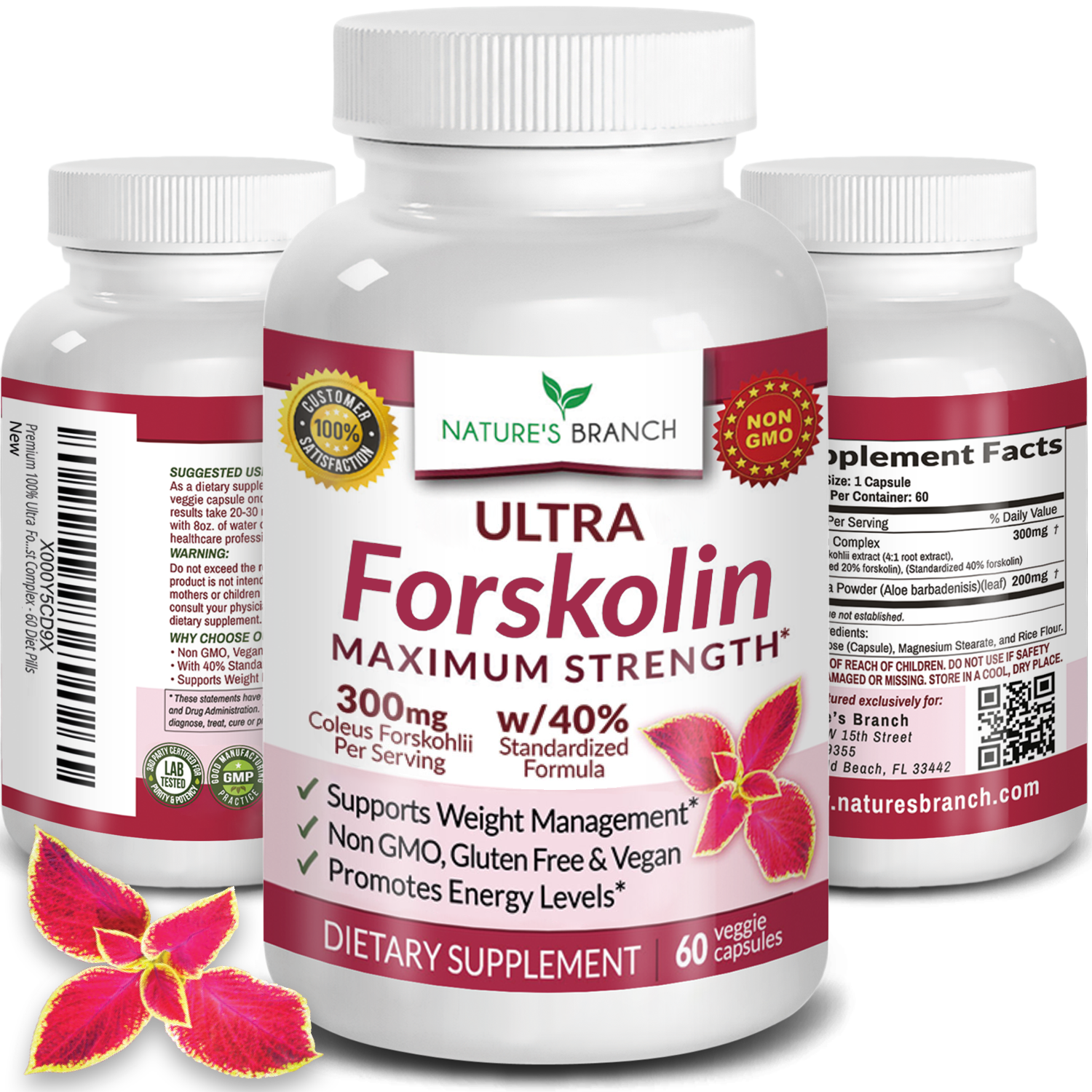
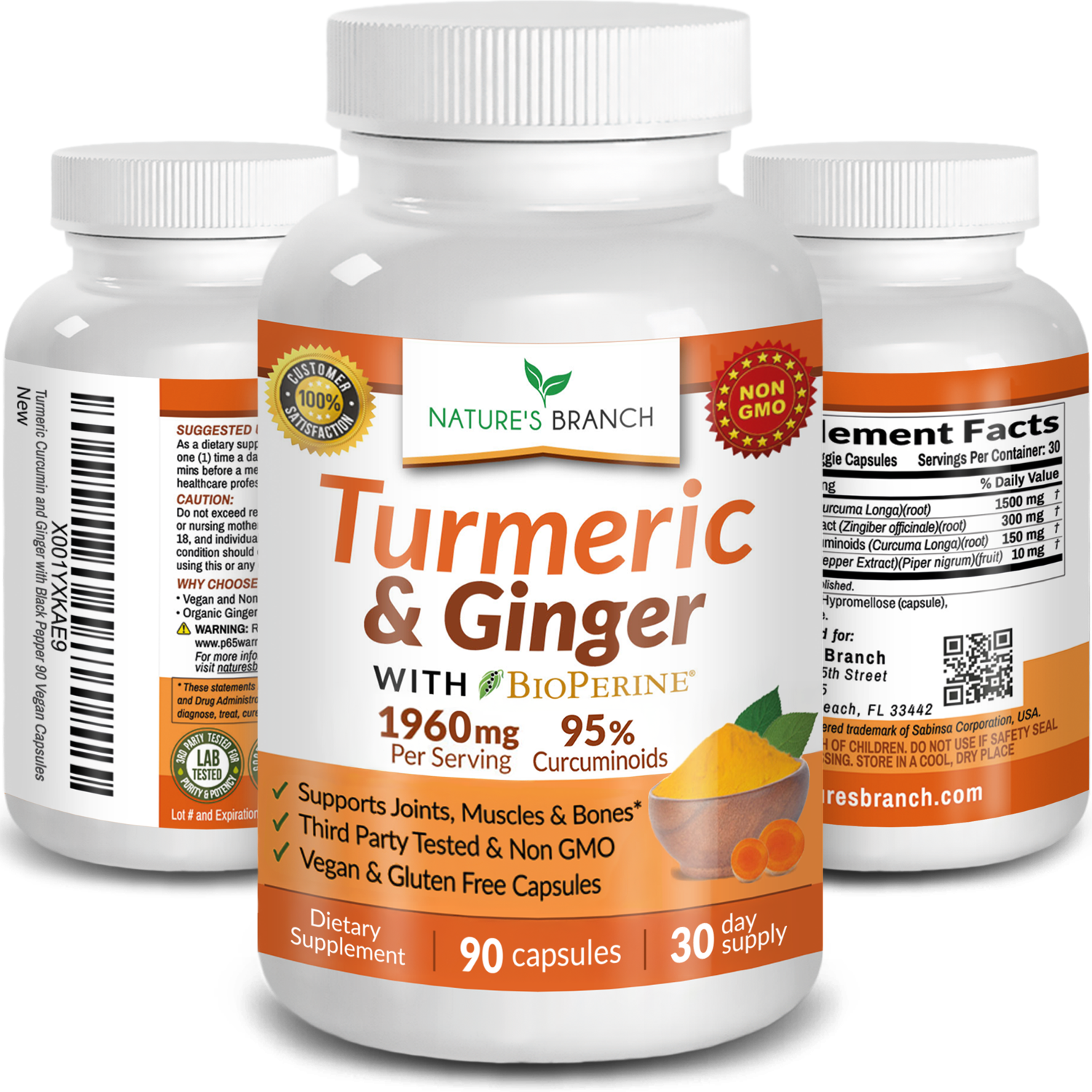
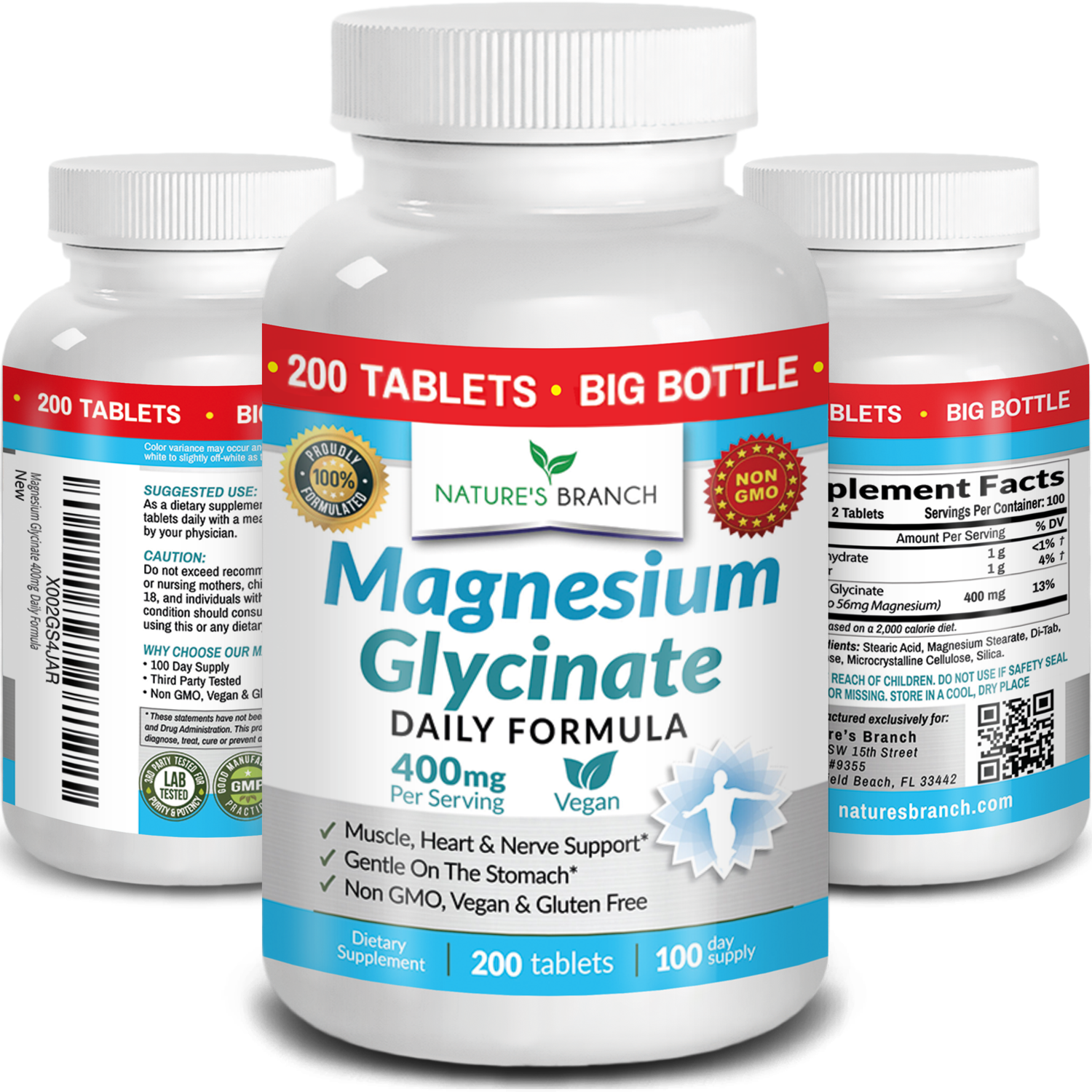
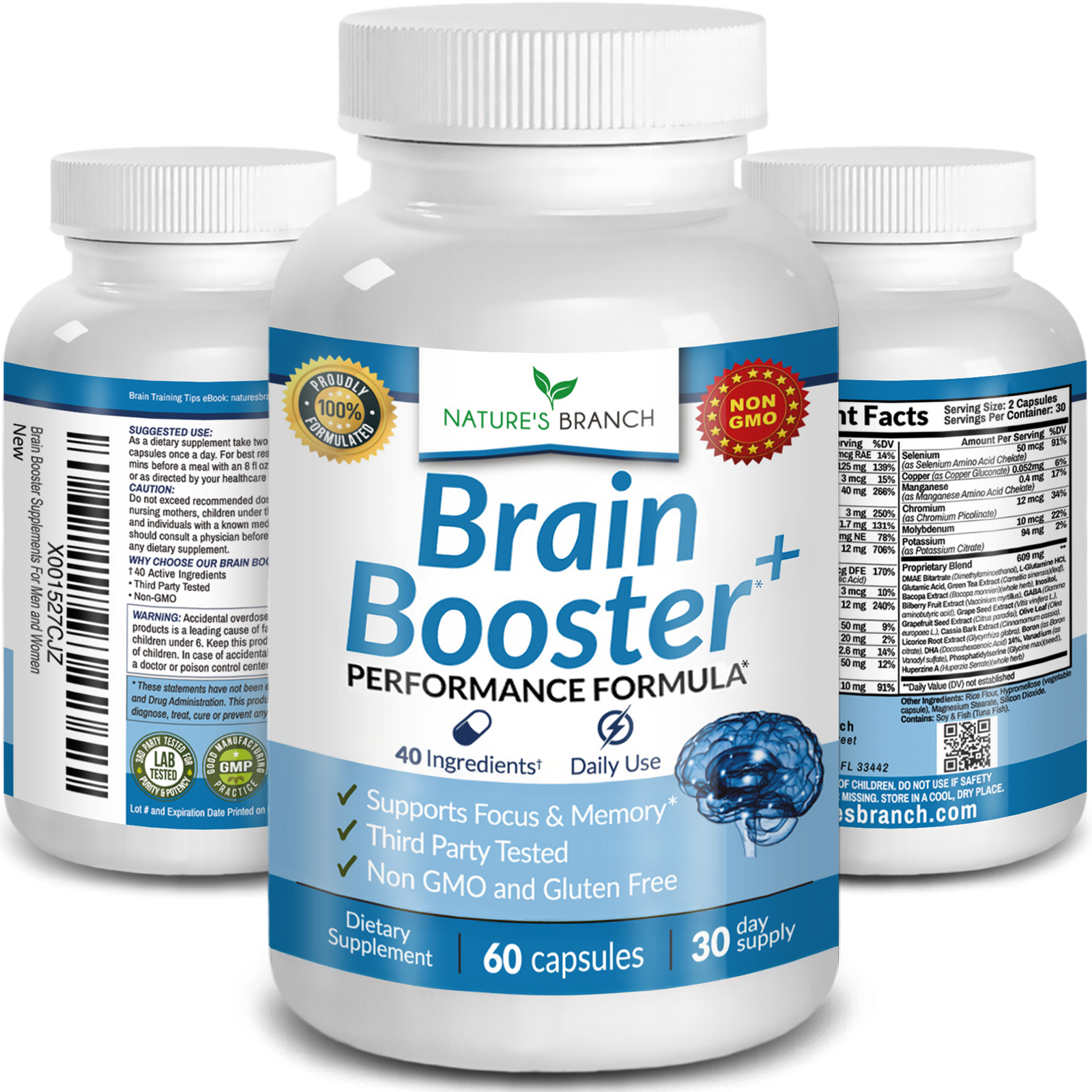











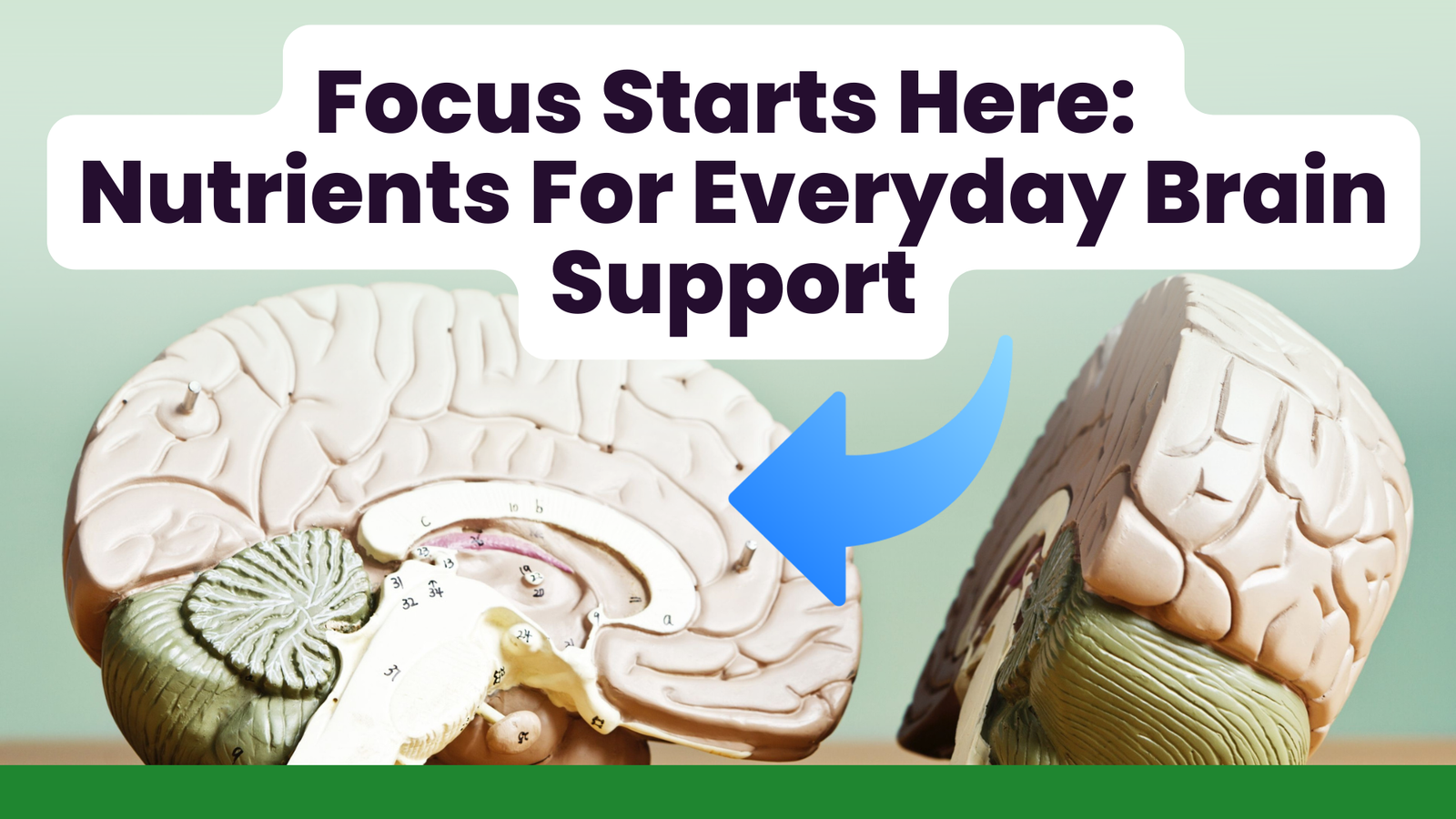
Leave a comment (all fields required)